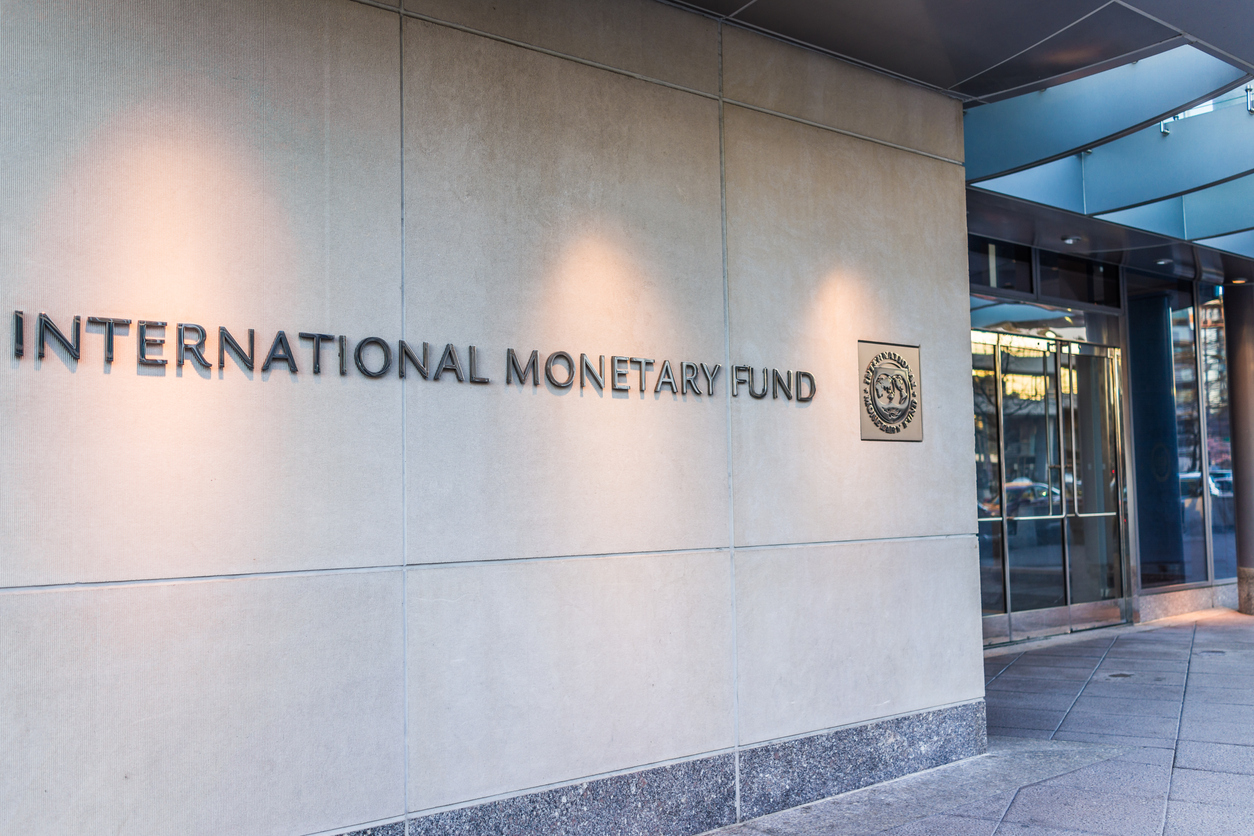
October 23, 2024
India’s post-pandemic pent-up demand has run its course, with the economy now stabilising as it reconnects with its potential
The IMF also highlighted the need for India to pursue further structural reforms, especially in labour, requiring both central and state government cooperation
Global inflation is projected to fall to 3.5% by the end of 2025, down from 9.4% in 2022, marking significant progress in controlling inflation
Global growth is expected to remain steady at 3.2% for 2024 and 2025, but downside risks like conflicts, prolonged tight monetary policy, and financial market volatility dominate the outlook

The International Monetary Fund (IMF) has maintained its GDP growth outlook for India at 7% for the financial year 2024-25 and 6.5% for 2025-26, according to its latest World Economic Outlook (WEO) report. These projections, released on Tuesday, ensure India retains its status as one of the world’s fastest-growing major economies. However, the report cautioned that India’s post-pandemic surge in demand has tapered off, and the economy is now finding its footing as it reconnects with its underlying potential.
In its broader assessment, the IMF reported that the global battle against inflation is nearing success. Global inflation, which surged to 9.4% in the third quarter of 2022, is expected to decline to 3.5% by the end of 2025, falling below pre-pandemic levels. Despite the sharp and synchronised tightening of monetary policies worldwide, the global economy has demonstrated unexpected resilience, avoiding a global recession throughout this disinflationary process, noted Pierre-Olivier Gourinchas, the IMF’s Economic Counsellor.
The WEO report projected global growth to remain at 3.2% for 2024 and 2025. However, the IMF also raised concerns about several downside risks, including the escalation of regional conflicts, overly tight monetary policies, potential volatility in financial markets affecting sovereign debt, a further slowdown in China’s growth, and the increasing prevalence of protectionist policies.
In India, the IMF noted that while the pandemic-related demand boost has faded, the country’s growth trajectory remains strong. However, it urged India to pursue further structural reforms, particularly in the labour sector. According to the IMF, reforming labour laws in India is a complex process, requiring cooperation between the central and state governments.
On the inflation front, India’s headline retail inflation hit a nine-month high of 5.49% in September, up from lower levels in July and August. This surge has led to concerns that the Reserve Bank of India (RBI) may refrain from easing monetary policy in its December meeting. RBI Governor Shaktikanta Das indicated that it would be “premature” and “risky” to lower rates now, even as global central banks have begun cutting rates in response to declining inflation.
Globally, the IMF noted that the return of inflation to near central bank targets has opened the door for what it calls a “policy triple pivot.” The first of these pivots—on monetary policy—has already begun, with major central banks in advanced economies gradually cutting policy rates since June. According to the IMF, this shift aims to support economic activity amid weak labour markets, especially in advanced economies.
Source: Deccan Herald